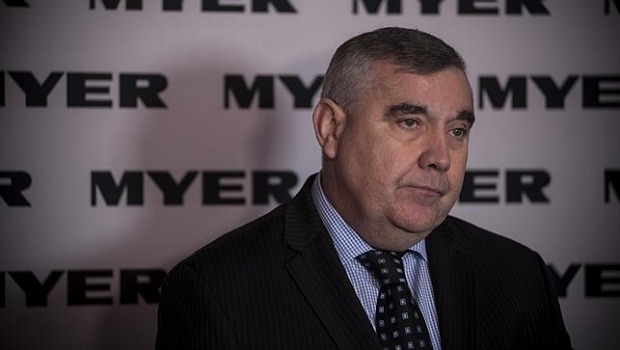Do you remember when Myer hired Andrew Flanagan their new GM of Strategy and Business Development?
“Barely a week after trumpeting the appointment of Andrew Flanagan as general manager – strategy and business development, Myer has terminated his position after just one day in the job upon discovering that he was not the man he said he was.” https://www.afr.com/business/myer-fires-new-recruit-andrew-flanagan-over-fake-rsum-20140624-jgq7c#ixzz3qTeDNIZX
Above is an example of this happening at an executive level within a large listed business.
Having managed a specialist recruitment company in Sydney, Australia for nearly seven years now, I have encountered countless situations where the employee interviewed is simply not the employee that turns up to work on day one! Or perhaps they do but after day ten, twenty or ninety they morph into a different being.
If you have not been exposed to this phenomenon directly you would most probably have been indirectly exposed to this. So how do we prevent this from happening and is it even possible to stop?
The simple answer is we are human beings, a mass of approximately 37.2 Trillion cells with chemical reactions inducing emotions, actions and reactions. We can be quite unpredictable. You cannot 100% prevent this situation from happening but the good news is you can mitigate 99% of the risk. Partially thank you to Mr Zuckerberg @ Facebook.
How can we do this?
- 1. Social Media Checks: Before I talk more about this there is a WARNING!
Employers who check applicants out online run a number of legal risks. First off, an employer who looks at an applicant’s Facebook page or other social media posts could well learn information that it isn’t entitled to have – or to consider during the hiring process. This can lead to discrimination. For example, the posts or page might reveal the candidates ethnicity, disclose that that they are pregnant, or espouse their political or religious views. This type of information is off limits in the hiring process, and an employer who discovers it online and uses it as a basis for hiring decisions could face a discrimination lawsuit.
Applicants are protected by privacy as well. If they have publicly posted information without bothering to restrict who can view it, they will have a difficult time arguing that it was private. An employer is free to view this information (although it may not be able to use it in the hiring process, as explained above).
- 2. Google Search:
Many people have a personal blog or are a part of an online community. These sites can give you a host of information on the person.
- 3. References:
References are a critical piece to the jigsaw.
Firstly we need to validate the references. To avoid the candidate simply providing you with his best friend’s mobile number. Ideally ensure you are calling a company landline, make sure you do your background checks on the reference to validate their existence. (Linked In can be a useful tool).
Secondly we need to make sure we are asking the right questions. A few good ones – “Would you re-hire them?” “Can you talk about a time they were faced with adversity and how did they handle it?” “Areas of development?” “Strengths” Also remember to validate employment dates and responsibilities.
It is usually best to do the references after the first interview so you can probe any areas of concern in the second interview.
- 4. Backdoor References:
To cover yourself legally you need to get blanket permission from your candidate to get reference checks on them. This must be in writing (email is ok).
Be sensitive not to contact their current employer unless the candidate has explicitly given you the green light to do so. This will avoid jeopardising their current employment if they are not guaranteed a position.
Use your networks, ideally you want to speak to people they have worked for that you know well, this way you know you are getting a honest reference.
- 5. Good luck with your New Hires!
You can train technical skills but it can be very difficult (not impossible) to change a person.
Social tagging: Recruitment > talent acquisition





